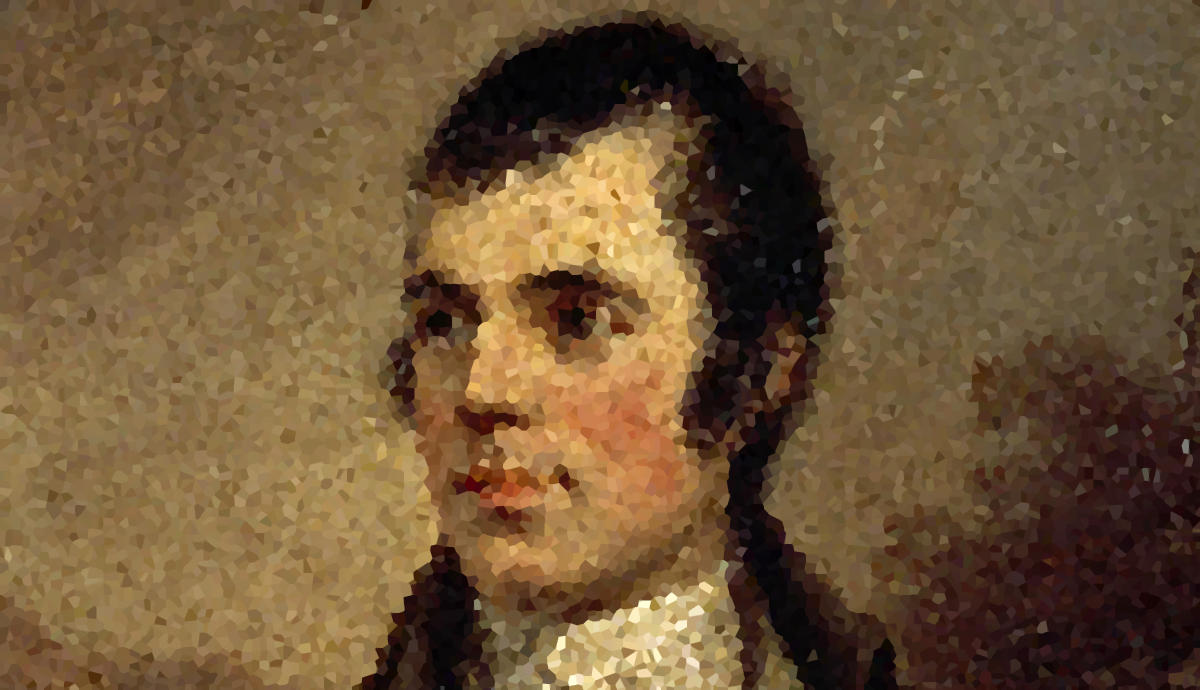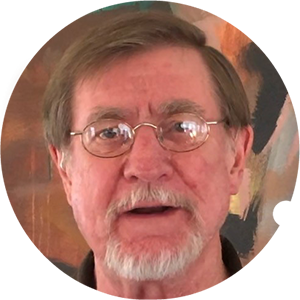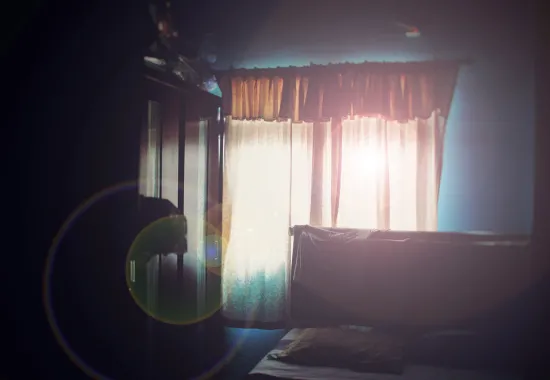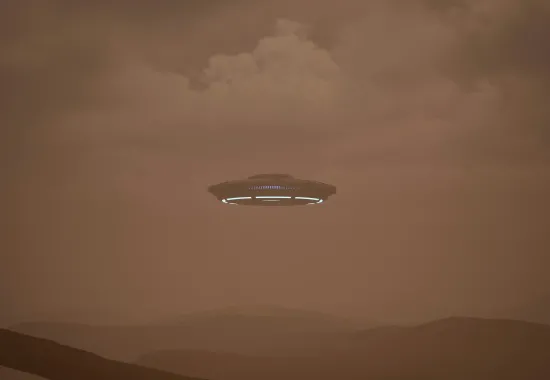From Scotland to Kansas—A Diaspora
The poems as embers: And hand in hand we’ll go
I continue committing Burns to memory. I started because of my admiration for the recited poem. I may also have been inspired by that Harvard Classic edition of Burns, sent to me by my brother Tim. With one thing passed down, I couldn’t help but think of all that was passed down, and what I might pass down. I am now older than my father was when he died. A sense of mortality presses me toward sharing my memories of family history and legacy. As for my grandmother and father, I have read their journals, remembered their voices, traveled where they traveled. For many years, I read Burns aloud as one kind of enactment. To memorize a poem is to enact it into the mind. To make it memory, of course, but also to go beyond recall and recollection—to make it a living thing, present in time, all the time. The poems I know by heart have become part of my heart. In all, my Burns repertoire takes nearly two hours to recite, “Tam O’ Shanter” and “Cotter’s Saturday Night” accounting for thirty minutes of that. As for the brogue, I have worked on the dialect, remembered my father’s voice, and listened to Scots read and recite. My dialect is now perhaps passable.
When I played Stu’s pipes instead of my own at his funeral, I was performing a kind of resuscitation. Perhaps, in reciting Burns in the dialect, in my father’s voice, I am still resuscitating. I carry these poems, these embers, in my mind. When asked to, I can blow on them, my breath articulating the words of Robert Burns and my father. I can bring them to flame. I am no longer the “broken” man taken in by Scots. I have earned the title my brother Tim gave me: “Keeper of the Scottish flame.” As for passing the torch, I’m happy to see the embers flair on family Burns Nights, surrounded by food, drink, friends, family, and language. As Burns wrote in “A Grace After Dinner: Extempore”:
The friend we trust, the fair we love—
And we desire no more. Amen!
Recommended
I Have Only Dreamed You Dead, For Now.
Encounter
Schizophrenic Sedona






